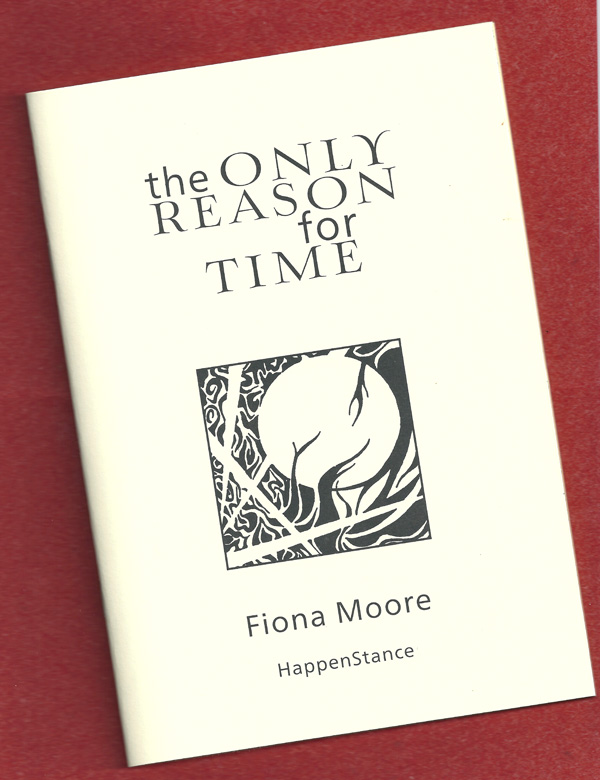‘Squawk Back’ #50
-Reviewed by Ian Chung–
 Squawk Back is an online publication that publishes on a weekly schedule, boldly proclaiming that it is ‘far less interested in exploiting emergent literary voices than providing them with a slightly louder box with which to squawk’. In an article on The Lit Pub, editor-in-chief Zak Block offers this description of Squawk Back’s aesthetic:
Squawk Back is an online publication that publishes on a weekly schedule, boldly proclaiming that it is ‘far less interested in exploiting emergent literary voices than providing them with a slightly louder box with which to squawk’. In an article on The Lit Pub, editor-in-chief Zak Block offers this description of Squawk Back’s aesthetic:
…greatly interested in what could be described as ‘postmodern-outsider-literature’: written works of prose, poetry, non-fiction and memoir that can, among other things, be appreciated through, or have been created in, a kitsch/camp spectatorial mode; and that have been created, in some cases, by dwellers of the very fringes of society: be they the abjectly impoverished, mentally ill or incarcerated, but almost un- or intentionally beautiful.
Issue 50 opens with ‘Grünerløkka’, a short story by Adam Moorad. What unfolds reads like a miniature Beckett play. An unnamed narrator wakes up in a backpacker motel bathtub, his roommate Malibu ‘sitting on the toilet beside the tub, in a bathrobe’. Moorad deftly paints a picture of the characters’ relationship within a short paragraph: ‘We had shared a bunk bed for about a week. He claimed to be an aristocrat and an avid surfer. He had no accent. I thought he was insane.’ Following some desultory conversation, the toilet begins flooding (‘The way the sewage spilled, it reminded me of a birth’), then a knock on the door brings not housekeeping but a ‘throng of skinheads’, who proceed to trash the room. ‘Nothing made sense’, as the final paragraph admits, but the story still manages to wrap the disconcerting enigma of itself up in an aesthetic moment: ‘We were lost there, somewhere in what qualified as civilization. It could have been daytime, but the sun outside held no more power than a sponge. In this light the smoke, which had been a bright orange, had turned a deep blue.’
Next up comes Elizabeth Walton’s ‘A Service Announcement’, a flash fiction that begins as a contemporary fable (‘One day there was a lion with no eyes but extremely keen hearing’), swerves into a critique of the politics of prize-giving (‘See, prizes are funny; awarded at the awardee’s discretion, no interview or funny poll or quiz beforehand in order to determine what would be most appropriate’), before getting completely derailed (‘Gifted with the powers of transformation and transmitigation and illustrious intelligent adjectives for which they pawned their underage daughters on the stock exchange’). The true bite of this flash though, is in its ending: ‘Grandpa closed the book and set it down on the old nightstand and folded his hands and eyes and lungs into a perfect square and sent me off to bed. I’m not sure if even he knew the moral of the story.’ Clayton Lister’s ‘Parsnip Pop, It’s Good for You’ is an offbeat tale of young love, set in the countryside, perhaps hinting at the tension of the urban-rural divide in its sporadic references to Leeds.
Yet of all the work in Issue 50 of Squawk Back, it is Schemelia’s two free verse poems that to me best reflect Block’s professed interest in ‘postmodern-outsider-literature’. In fact, one of the poems is named for Block, in which Schemelia writes, ‘I heard the disease last afternoon / … / the disease told me to close my eyes… / … / to have faith in something from some thing’. His other poem, ‘pyeon sai’, plays games with language, blending English and French (‘color me clear / as a mirage du mer’, ‘every / I say every / day, speak one more word than the jour before’), even as it insists:
‘plain
loud talking
and the pain what comes
to vain brains
has been known to cure aggressive infection’
The ‘infection’ in question is not explicitly named, although earlier lines like ‘the boy what forced his Irish accent / well into the tenth grade’ and ‘any prosperity begets suffering / as there is no king among the working class / except one’ are suggestive enough. The literal and metaphorical heart of the poem though, comes in the two stanzas ‘what spoils we’ve disrobed and rerobed in shocktoxic shame what nothing the / metropolitan with crinkled hands can do // but live because you are still alive as far as you care to tell’. That single line, isolated in its own stanza, sounds a defiant cry to hold on, a bold squawk from the fringes of literature, if you will.
As Squawk Back marks its first anniversary later this month, it is indeed heartening to see how far the publication has come, and it will be interesting to see how it continues to squawk back to more mainstream literature.




I had to block Squawk Back on Twitter because they kept following, unfollowing, then following again. Spam.